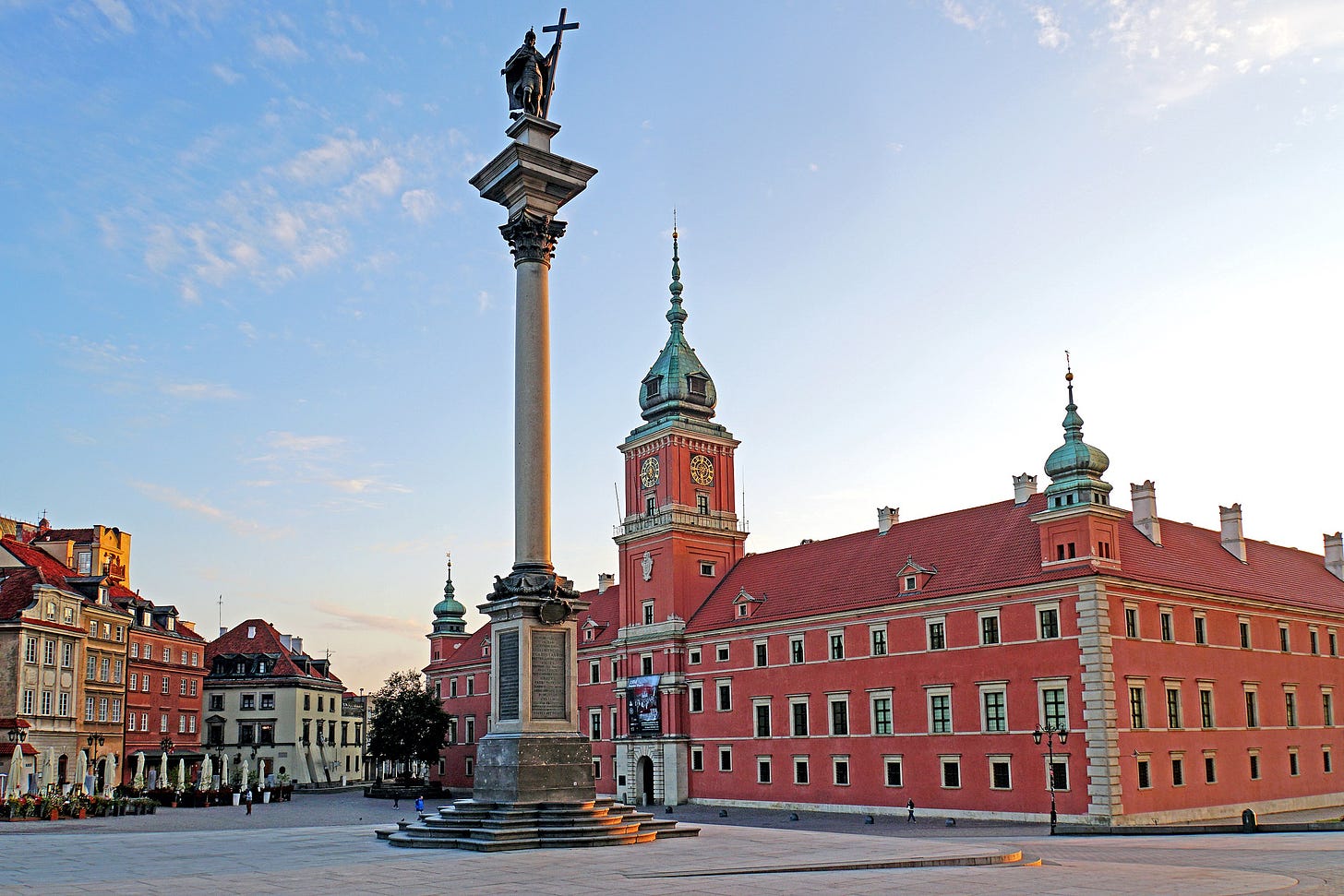Royal Castle, Warsaw (Photo by Dennis Jarvis from Halifax, Canada)
Two of our members, Patrick Deneen and Adrian Vermeule, were honored to take part recently in the 12th annual Congress of the Polska Wielki Project in Warsaw. The final event of the Congress was the award to Professor Ryszard Legutko of the Lech Kaczynski Award, named for the Polish leader who tragically died in a plane crash, along with many other Polish officials, in 2010. The award was presented by Jaroslaw Kaczynski, brother of Lech Kaczynski, and currently serving as Deputy Prime Minister in charge of the ministries of defense, justice and the interior.
Vermeule was tasked with introducing Professor Legutko’s award with a traditional laudatio, or short encomium, followed by a longer speech by Legutko himself. Both speeches are posted below. Enjoy!



